The Hidden Calories: Understanding How Alcohol Contributes to Weight Gain
August 19, 2023
 776
776 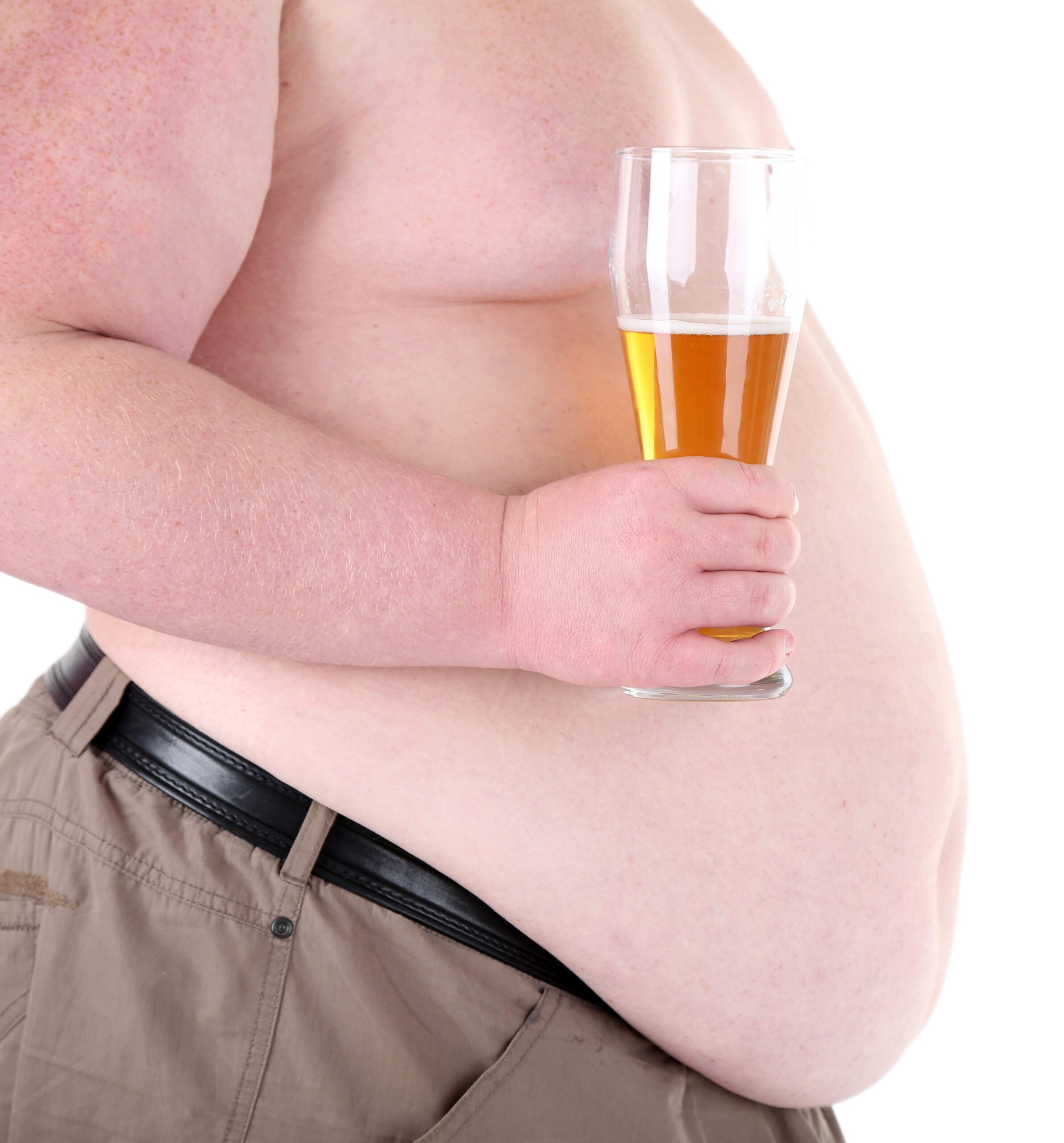
Written By: Jack Riess NASM Certified Personal Trainer, Author, and Life Long Researcher of Health and Longevity.
Did you know that drinking just two glasses of wine every day can lead to gaining around 30 pounds in a year?
That’s about the weight of a small microwave oven, and it’s a surprising fact that many of us might not be aware of.
We often think of alcohol as a harmless companion to our dinners, celebrations, or a way to unwind after a long day.
It’s so common in social gatherings that we sometimes forget that the drinks we enjoy—whether it’s a cool beer, a glass of wine, or a fun cocktail—have more to them than meets the eye.
They are packed with what we call ‘hidden calories,’ and these sneaky additions can lead to unexpected and unwanted weight gain over time.
The purpose of this blog is to pull back the curtain and shed light on the various ways alcohol influences our body weight.
We’re here to inform you about how that casual drink could be playing a sneaky game with your scales, how alcohol makes us hungrier than usual, or how it can lead us to choose fries over a salad late at night.
Plus, we’ll dive into how alcohol interacts with our bodies in ways that could slow down our metabolism—the system that controls how fast we burn calories.
Our central argument, or thesis, is clear: While alcohol might be a regular, seemingly innocent part of our social life, it plays a significant, often overlooked, role in weight gain.
This is not to scare you away from enjoying a drink, but rather to arm you with the knowledge you need to make informed decisions about your health and lifestyle.
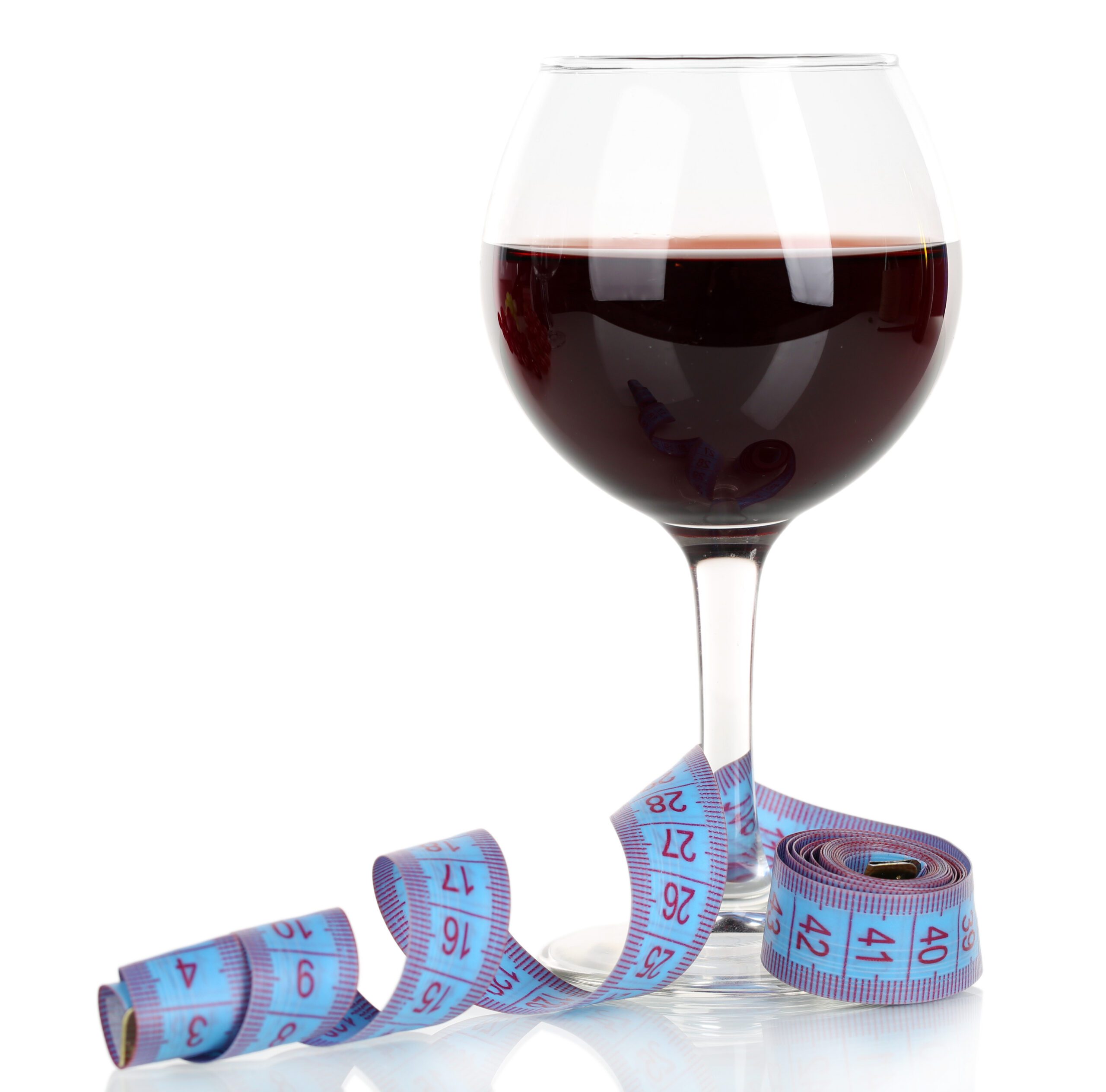
When we think of calories, we often picture food—burgers, salads, fruits, and chocolate bars.
But did you know that drinks, especially alcoholic ones, come with their own set of calories, too?
Let’s take a closer look at the caloric content of various types of alcoholic beverages.
Wine, for instance, isn’t just grapes.
A single glass of wine can have about 120 to 130 calories.
That’s roughly the same as eating a small apple.
Beer? It’s not just a casual drink for game night; a standard can contains about 150 calories.
That’s similar to a serving of your favorite chips. And cocktails?
They can be tricky; a simple gin and tonic might have about 120 calories, but fancier drinks like a Margarita could pack over 200 calories—that’s close to a candy bar!
Now, let’s play a comparison game.
Imagine you’re at a party, and you have three glasses of wine.
That’s almost 400 calories, which is like eating two whole chocolate bars back-to-back!
Or if you’re enjoying a few beers during a weekend BBQ, three beers would equal around 450 calories.
That’s similar to eating a large slice of pizza with all your favorite toppings.
It’s surprising, right?
Here’s where the math becomes essential.
If you have two glasses of wine every night after work to relax, that’s around 240-260 calories daily.
In a week, that adds up to 1680-1820 calories—almost the amount of calories in an entire day’s meals for some people.
In a month, this is a significant portion of calories.
And these numbers can add up stealthily over time.
Just like a piggy bank where you save coins, your body stores these extra calories, but instead of money, it’s stored as fat.
If you regularly consume more calories than your body needs, whether they’re coming from drinks or food, your body tucks them away as fat.
Imagine adding a handful of coins to your piggy bank every day; eventually, it’s going to get full.
Similarly, consistently drinking can gradually lead to gaining pounds.
Here’s the key takeaway: alcohol, in its various delightful forms, is not just a liquid—it’s a substantial source of calories.
And when we enjoy it frequently, we might be unknowingly inviting extra weight.
So next time you’re about to uncork a bottle of wine or pop open a beer, picture the hidden calories that are about to pour into your glass.
It’s a step towards being mindful of how much you’re drinking and how it might be affecting your weight in the long run.
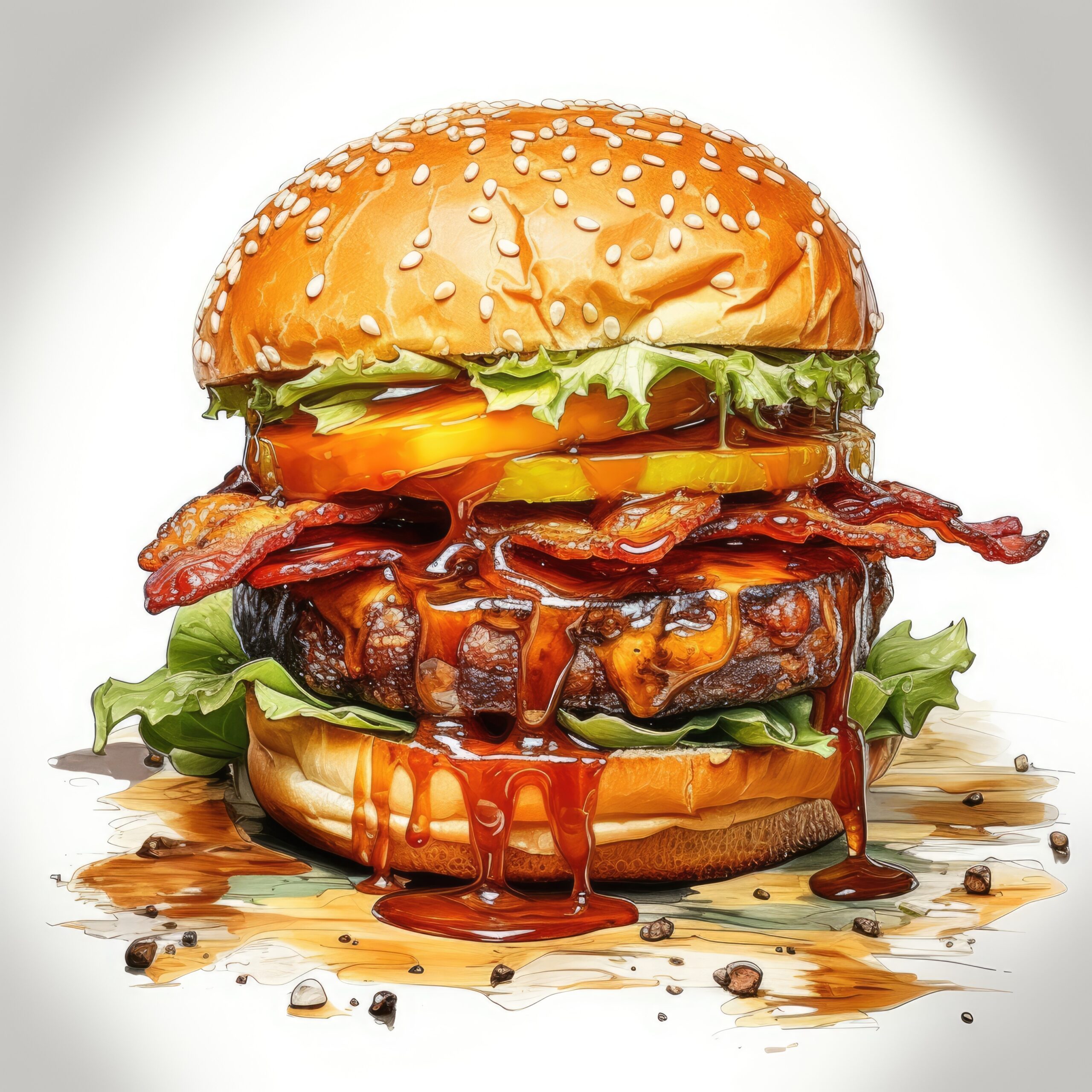
Have you ever noticed that after sipping on some soda or water, you don’t suddenly feel hungrier than before?
But, with alcohol, it seems to be a different story.
Many of us know that feeling of craving a big, greasy meal after having a few drinks.
Why is that?
Well, it turns out that alcohol has a sneaky way of stimulating our appetite, making us reach for more food than we might have planned.
Imagine you’re out with friends, having a fun time and enjoying a couple of drinks.
As the evening progresses, you might start to hear the siren call of late-night snacks.
Pizza, burgers, cheesy fries, and tacos suddenly seem like the best ideas ever. It’s not just your imagination—it’s the alcohol talking to your stomach!
Scientists have found that when we drink, it can actually ‘switch on’ certain brain cells that make us feel hungry, even if we ate dinner before heading out.
It’s like having a little friend whispering in your ear, “Hey, let’s get some fries!” And voila, soon you might find yourself ordering food you didn’t think you needed.
Let’s dive into some numbers from research studies.
One study found that people ate about 30% more food when they consumed alcohol before a meal compared to when they didn’t.
That’s like having an extra slice of pizza or another helping of pasta just because you had a drink.
What’s more, the type of food we crave when we’re drinking usually isn’t a salad or a fruit bowl.
Nope, it’s often the greasy, salty, and high-calorie options.
Alcohol seems to make fatty and sugary foods appear irresistible.
That’s because alcohol can lower our inhibitions, making us care a little less about our food choices.
It’s like temporarily losing the ‘off’ switch for our appetite.
And don’t forget: these aren’t just any calories; they’re often extra calories, on top of what we’ve already consumed during the day.
So, after a night of drinking and the subsequent feasting, we’ve likely taken in a lot more energy than our bodies need.
So, the next time you’re enjoying your favorite drink, it might be wise to remember that with each sip, you’re not just drinking alcohol—you might also be inviting an unexpected dinner (or midnight snack) guest: your stimulated appetite.
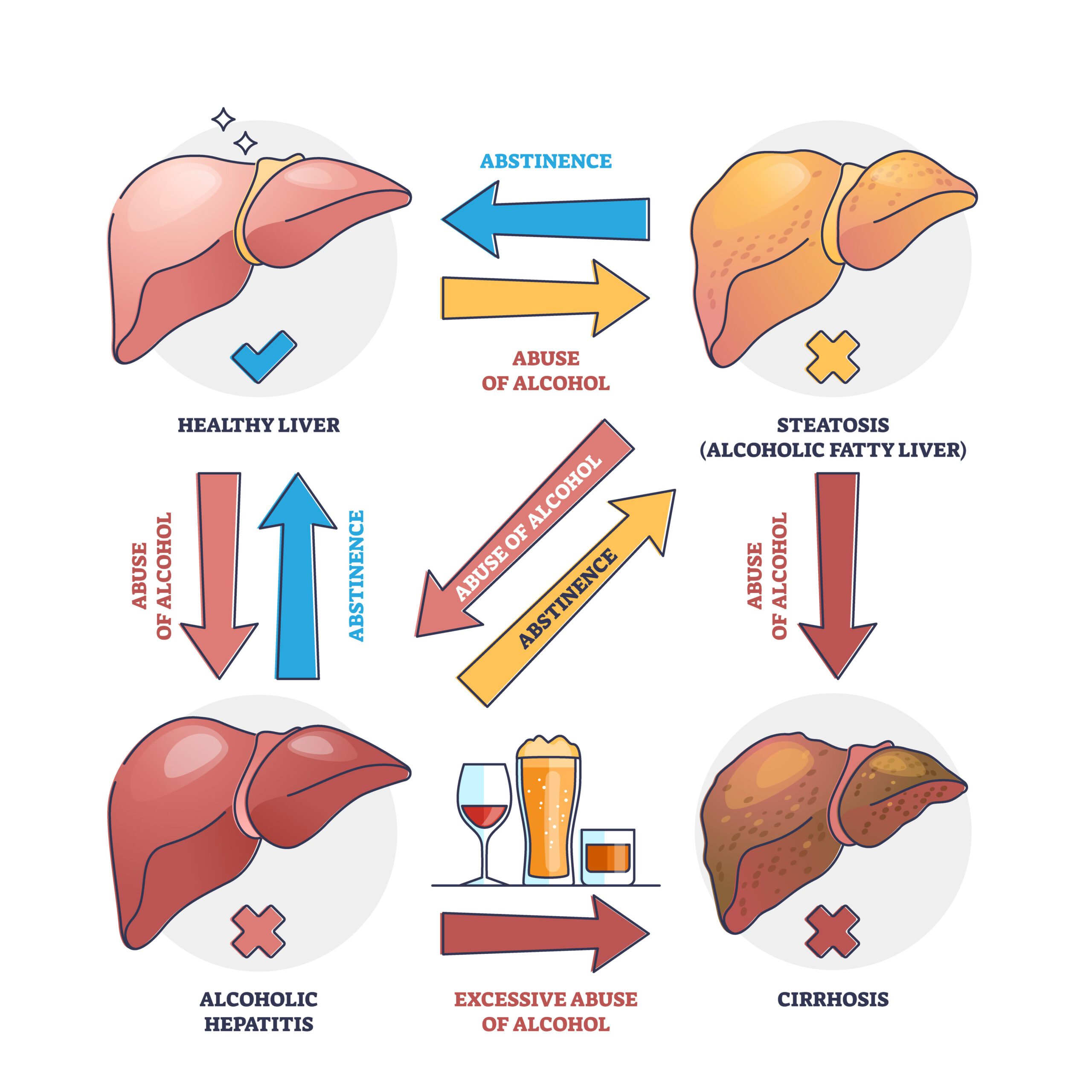
Now, let’s talk about a word we often hear when it comes to weight and health: metabolism.
Simply put, metabolism is the process by which our bodies convert what we eat and drink into energy.
It’s like our body’s engine, constantly running at various speeds to keep us moving, breathing, and living.
Here’s the interesting part: when we drink alcohol, it doesn’t just slide into our usual metabolic routine.
Instead, our bodies treat alcohol like a VIP guest that needs immediate attention.
When alcohol enters your system, your body makes it a priority to process it quickly, almost like a red alert signal goes off.
Why? Because your body recognizes alcohol as a toxin—a substance it needs to deal with ASAP.
Here’s where things get tricky.
To deal with this VIP (or rather, unwelcome) guest, your body will hit the ‘pause’ button on burning fat and other nutrients.
It’s like your metabolism says, “Hold on, I need to take care of this alcohol first!”
This shift is significant because it means while your body is busy processing alcohol, it’s not as efficient at burning fats and sugars.
In simple terms, drinking can temporarily turn your fat-burning furnace into more of a slow-burning candle.
And what happens if we’re regularly inviting this demanding guest into our bodies?
Research shows that frequent alcohol consumption can actually change how our metabolic engine runs.
It might make it less effective over time, even when we’re not drinking.
It’s akin to putting lower-quality fuel into a car; eventually, the engine might not run as smoothly or as efficiently as it once did.
This doesn’t just impact how we burn fat—it can affect our whole energy balance.
If our metabolism isn’t working at its best, we might find that we gain weight more easily, even if we’re careful with what we eat.
So, next time you raise your glass, it’s worth remembering that you’re not just enjoying a beverage.
You’re also giving your metabolism a new, urgent task: handling alcohol.
And while it’s busy with that, the regular, important job of burning fat and keeping your energy stable is temporarily moved to the back burner.
Cheers to being mindful of this hidden impact of our favorite drinks!
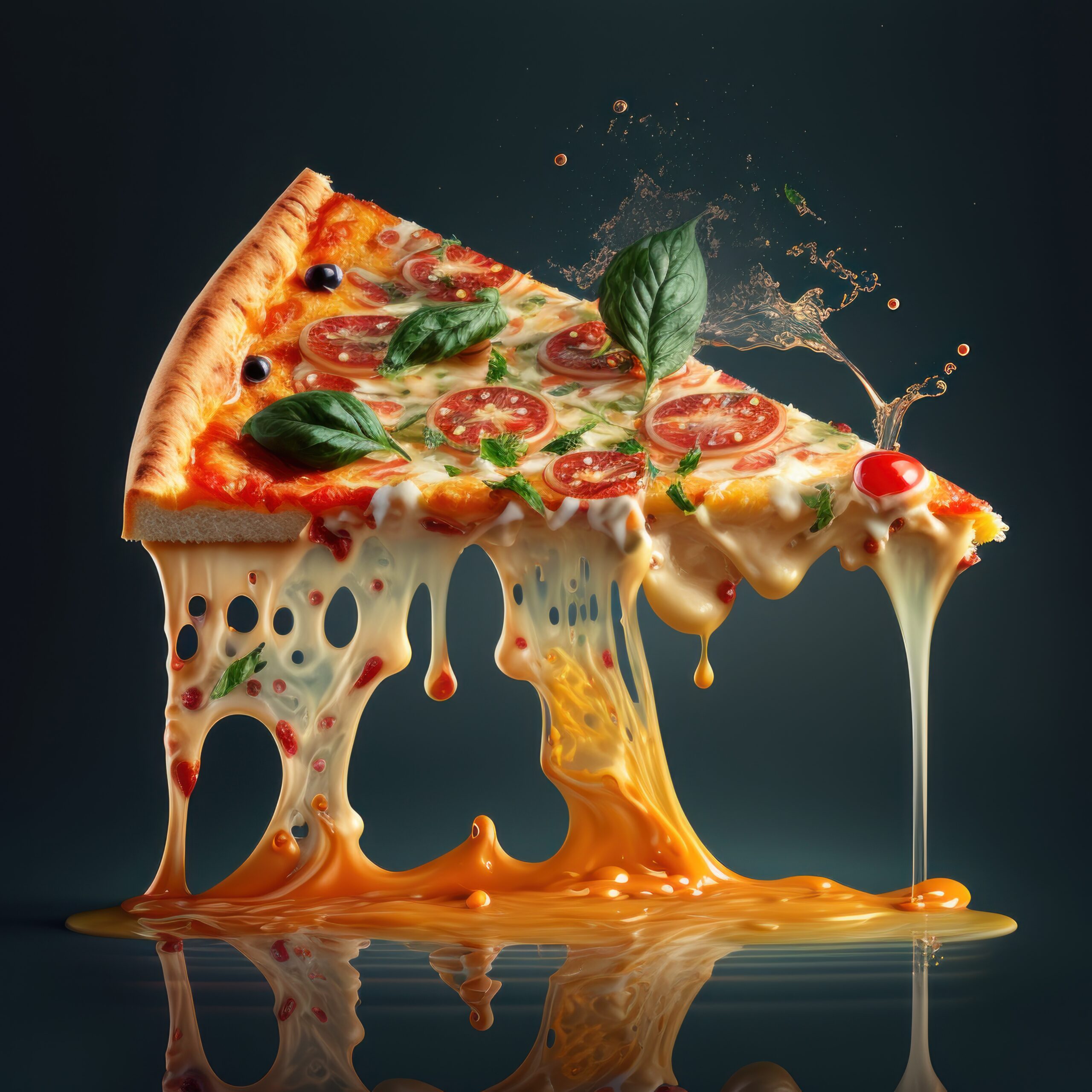
Ever found yourself midway through a big, cheesy pizza after a couple of drinks, even though you promised yourself a salad for dinner?
You’re not alone, and there’s a science-backed reason behind it.
Let’s explore how alcohol can be a master of disguise, tricking our judgment and leading us towards not-so-great food choices.
When we drink, our brain gets a little fuzzier and our decision-making skills can start to wobble, almost like trying to walk in a straight line with your eyes closed.
Alcohol reduces our inhibitions, making us more carefree and less guarded in our choices.
It’s like having a mischievous friend who whispers, “Oh come on, one giant burger won’t hurt!”
Under this influence, we’re more likely to reach for high-calorie, low-nutrition options.
Picture loaded nachos, creamy pastas, giant burgers, and sugar-loaded desserts.
These are foods we might usually resist, but with alcohol in our system, they suddenly seem like the most delicious idea ever.
It’s not just anecdotal; research has our back on this.
Studies have consistently shown a strong correlation between alcohol consumption and unhealthy eating habits.
One study found that on days when people drink more, they tend to eat 30% more unhealthy foods than on their non-drinking days.
It’s as if alcohol puts on a magical show that makes the greasy, salty, and sugary foods jump into the spotlight, while the fruits, veggies, and lean proteins fade into the background.
It’s also worth noting that alcohol itself often comes with sugary mixers like soda or syrups in cocktails, adding even more to the caloric tally.
It’s like a double-whammy of tempting treats that don’t do our bodies any favors.
So, the next time you’re contemplating that late-night kebab or extra slice of cake after a glass of wine or two, remember: it’s not really you making that decision, it’s the alcohol nudging you in that direction.
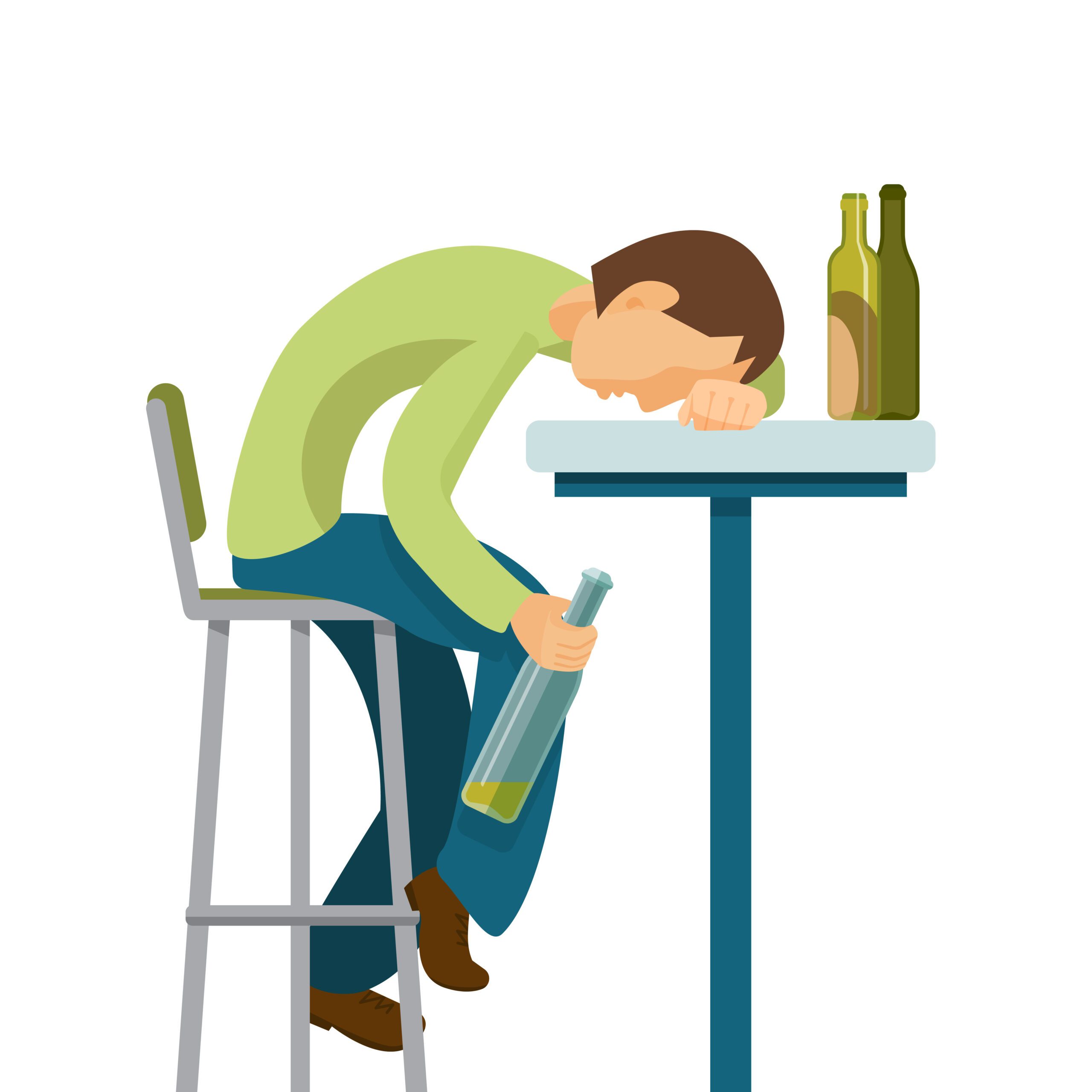
You might think that a nightcap helps you drift into a peaceful slumber, but there’s more to that bedtime drink than meets the eye.
Let’s unravel how alcohol, often seen as a sleep aid, can actually be a saboteur of our precious shut-eye, and how this ties into the story of weight gain.
Here’s the surprising truth: while alcohol can make us feel sleepy and might help us fall asleep faster, it often messes with the quality of our sleep.
Think of it as a sneaky trickster that turns your deep, restful sleep into a lighter, more disturbed version.
It’s like being in a shallow puddle instead of a calm, deep pool. You’re in the water, but it’s just not the same.
Why is sleep so important for our weight? Well, good sleep is like our body’s nightly reset button.
When we sleep well, our bodies can regulate hormones that control our appetite.
Poor sleep, on the other hand, can tilt our hormonal balance, making us feel hungrier and crave unhealthy foods.
It’s like our body sending out an SOS for quick energy, often in the form of sugary or fatty foods.
The plot thickens with research findings.
Studies have shown a compelling link between regular alcohol consumption, disrupted sleep, and increased body weight.
One study found that people who regularly consume alcohol tend to have poorer sleep quality and, consequently, a higher body mass index (BMI).
In simple terms, the more often alcohol disrupts our sleep, the more it might contribute to weight gain over time.
The cocktail of alcohol leading to restless sleep, which then sparks a hunger for high-calorie treats, creates a cycle that can stealthily contribute to gaining those extra pounds.
So, next time you’re reaching for a drink to help you wind down before bed, consider this: is that glass of wine or beer really the lullaby it promises to be, or is it a wolf in sheep’s clothing, quietly nudging you towards weight gain?
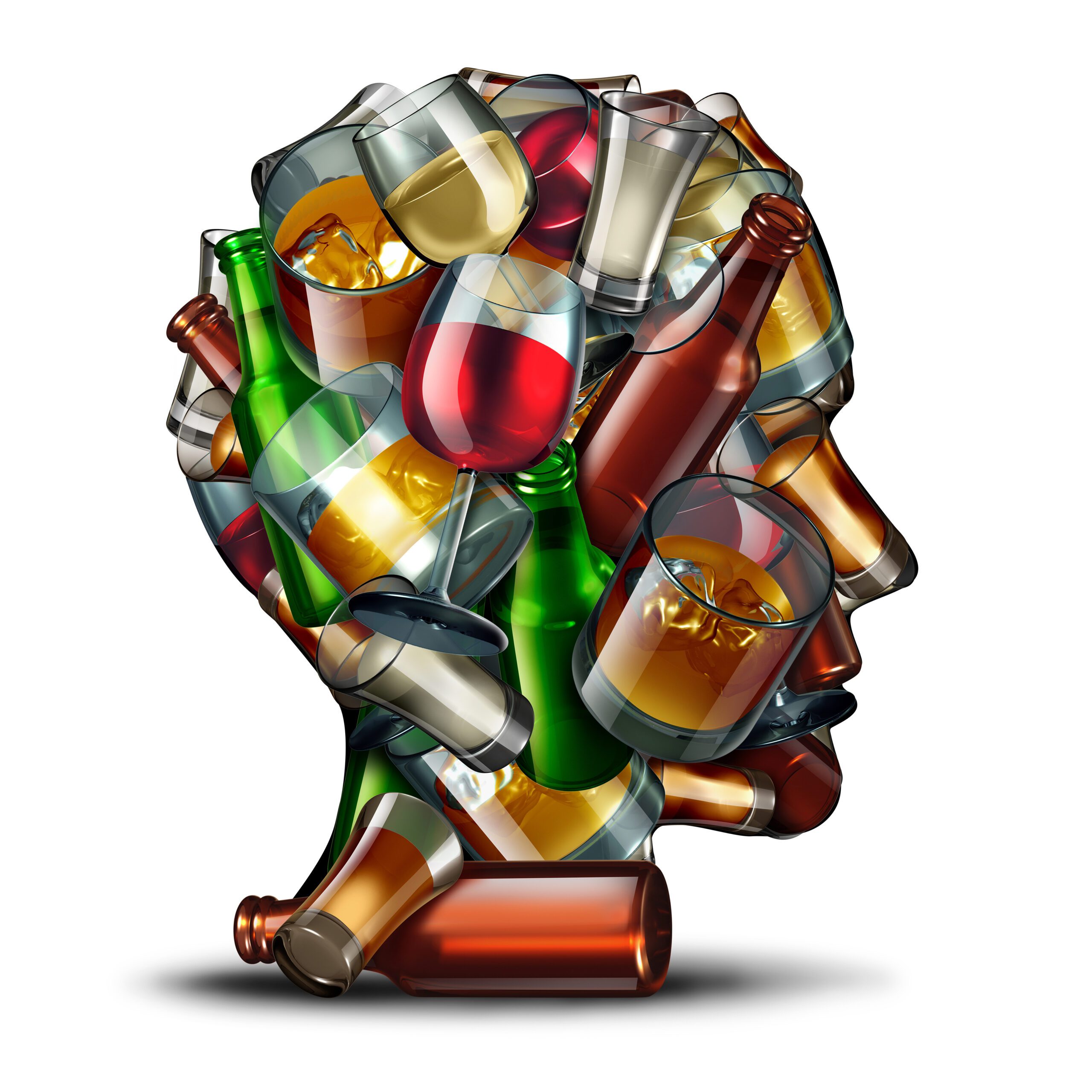
In a world full of stresses big and small, a cold beer or a glass of wine can seem like a comforting friend.
Many of us have been there – turning to a drink to unwind, relieve stress, or numb emotional pain.
Let’s delve into how this comforting gesture could be setting us on a path we didn’t intend to walk: the intertwined journey of emotional drinking and weight gain.
Imagine this familiar cycle: Work was stressful, so you have a couple of drinks to relax.
Those drinks, as we’ve learned, can lead to extra calories and possibly poor food choices.
Over time, these habits might lead to weight gain. That weight gain, in turn, could make you feel self-conscious or even more stressed, which—guess what—makes reaching for another drink to unwind seem even more appealing.
It’s a cycle, spinning like a wheel: stress leads to drinking, which leads to weight gain, which circles back to increased stress.
This isn’t just a theory; it’s reflected in real lives.
Studies have shown that people who engage in emotional or ‘stress’ drinking are more likely to experience weight gain over time.
It’s a poignant picture: the very solution many seek for stress relief (a drink) can become a source of stress itself, as it might contribute to unwanted weight.
It’s vital to pause here and say that there’s no shame in this cycle; it’s a human response to stress.
But recognizing it is the first step toward breaking the loop.
So next time stress has you reaching for a bottle, it may be worth asking: Is this drink a temporary band-aid on a deeper wound, and might it be steering me toward a path of added stress in the long run?
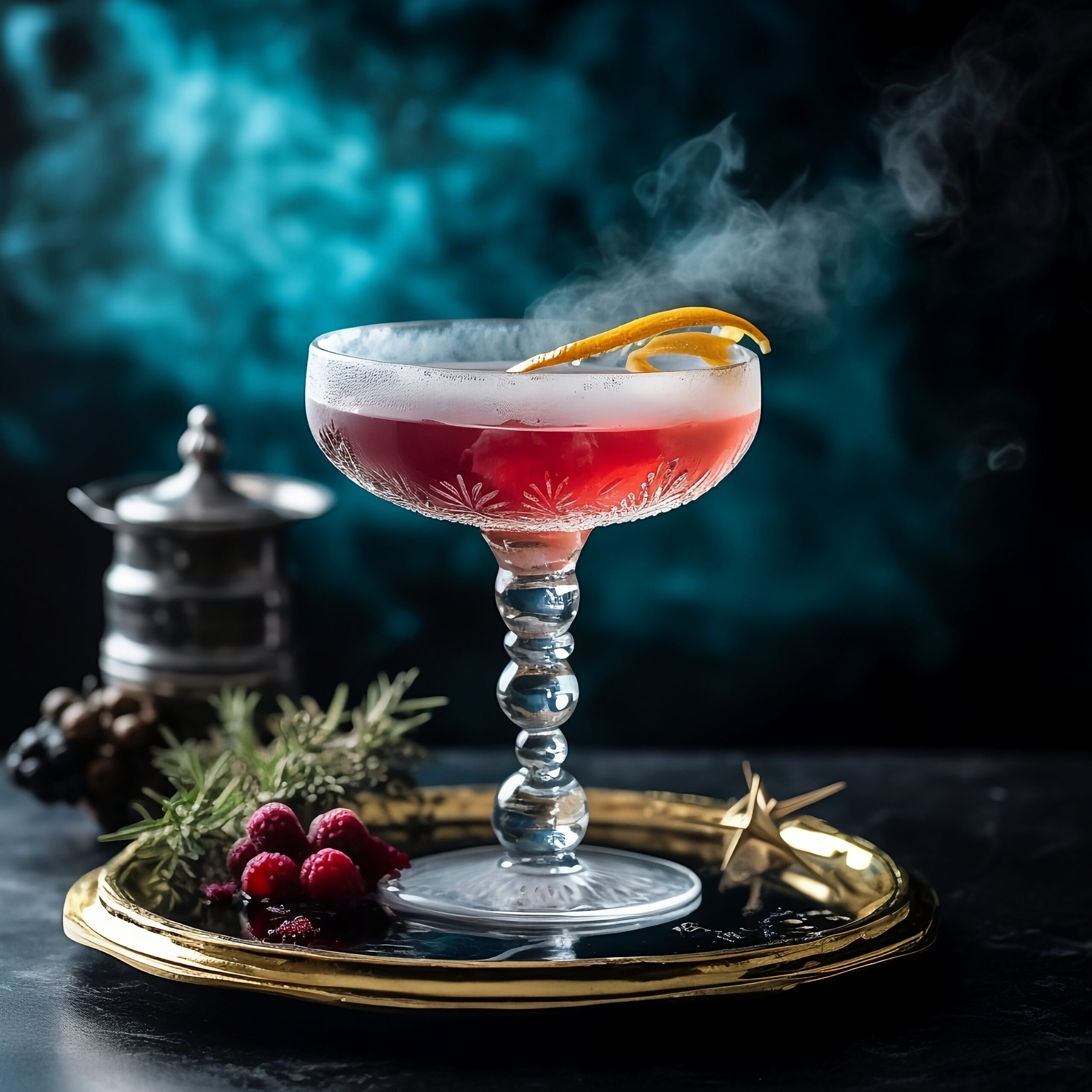
Let’s pull back the curtain on a sneaky character in our drinking story: the mixers.
Picture your favorite cocktails – a Mojito, a Margarita, or a Long Island Iced Tea.
What do they have in common? They’re mixed with sodas, juices, or syrups, which can secretly be loaded with calories.
A regular soda can add 150 calories to your drink, almost like sneaking a small chocolate bar into your glass.
Even when you opt for “light” or “diet” mixers, beware! While they are lower in calories, they can still trigger cravings for sweet treats, essentially playing a hidden role in potential weight gain.
It’s like they’re saying, “No calories here, but hey, how about a dessert?”
The lesson here?
Your ‘innocent’ mixer might be a silent partner in your weight gain journey.
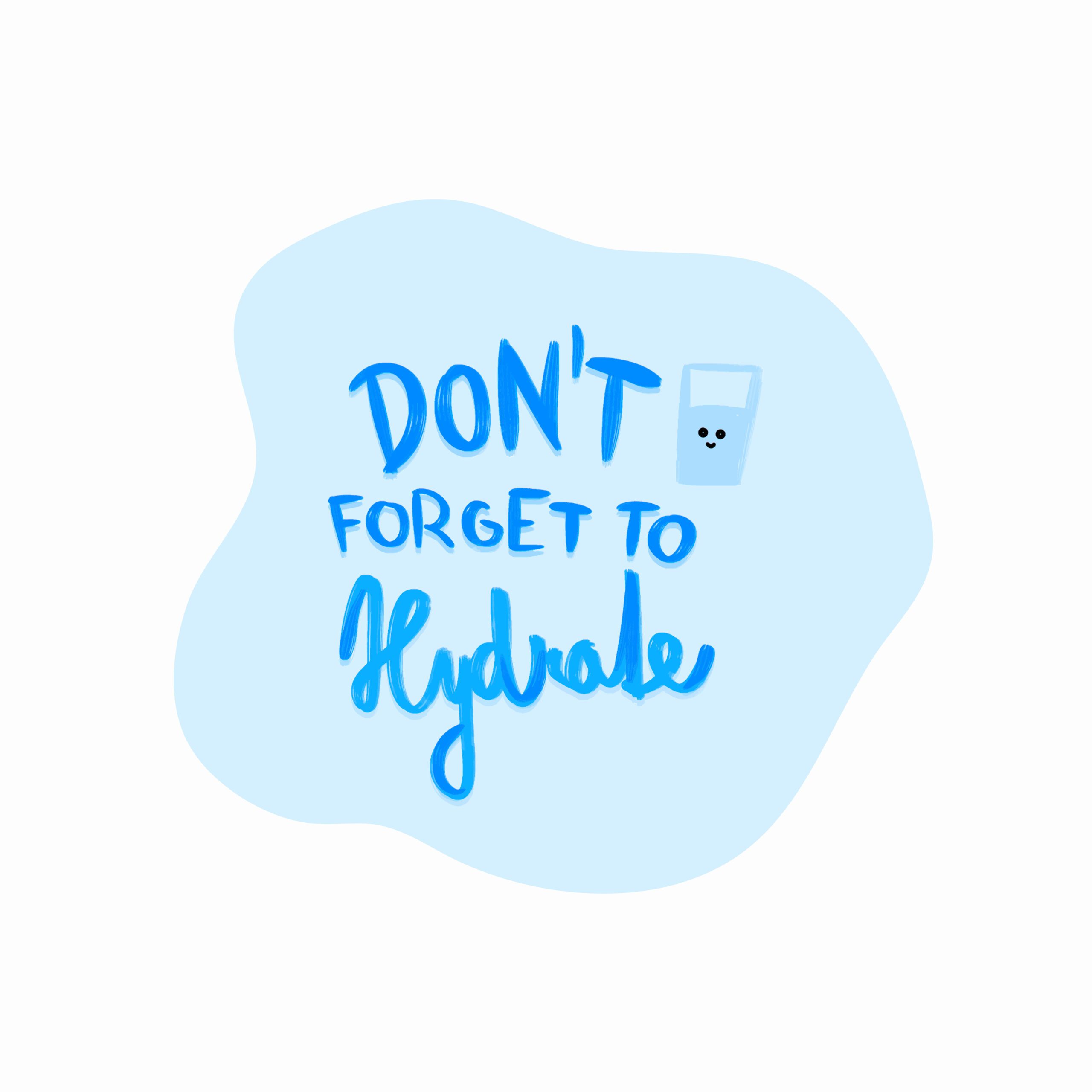
We’ve explored the unseen ways alcohol can tip the scales, but don’t despair!
Here are some golden nuggets of wisdom to help you enjoy your drinks while being kind to your waistline:
Remember, alcohol can be part of your life without taking the steering wheel.
You are in control, and with these mindful strategies, you can keep your health and weight on a steady, happy course.

As we’ve journeyed through the hidden world of alcohol and weight gain, it’s clear that our favorite drinks wear many hats.
They can be the life of the party, but behind the scenes, they are quietly playing a significant role in our weight story.
From the sneaky calories in our cocktails, the stimulant effect on our appetites, the disruption of our metabolism and sleep, to the emotional cycles and the enticing but treacherous mixers, alcohol is a multifaceted player in the game of weight management.
It’s not about vilifying alcohol or stripping the joy from our social gatherings.
Life is meant to be enjoyed, and for many of us, alcohol can be a part of that.
The key lies in mindfulness and moderation.
Being aware of the caloric content in our drinks, the impact on our metabolism and sleep, and the emotional triggers that might lead us to the bottle, allows us to take control.
Think of your relationship with alcohol like a dance.
It can be graceful and enjoyable when we lead with intention, or it can turn into a chaotic tumble if we let alcohol lead unchecked.
So, let’s raise our glasses – not to say goodbye to our beloved beverages – but to pledge for a more mindful, respectful, and health-conscious relationship with them.
By taking proactive steps, like the practical tips we’ve discussed, we can continue to enjoy our drinks while also nurturing our bodies and our long-term health.

A new study suggests that a widely used sugar substitute found in diet sodas, chewing gum, and low-sugar yogurt may elevate insulin levels. This could increase the long-term risk of heart disease. “Artificial sweeteners have infiltrated nearly all types of food, making it crucial to understand their long-term health effects,” said Yihai Cao, senior author […]

Diet Coke has long been a fan-favorite among soda lovers who want a fizzy, guilt-free alternative to traditional soft drinks. While its zero-calorie, zero-sugar label makes it seem like a healthier option, the reality is far more concerning. Despite its undeniable popularity, Diet Coke’s nutritional profile has raised red flags among health experts for years. […]

New study shows that embracing an anti-inflammatory, plant-forward diet can support cognitive function and help reduce the risk of dementia. What You Eat Shapes Your Brain The food you eat doesn’t just impact your body—it also affects your brain. Research suggests that eating an anti-inflammatory, plant-based diet can help improve memory, focus, and overall brain […]